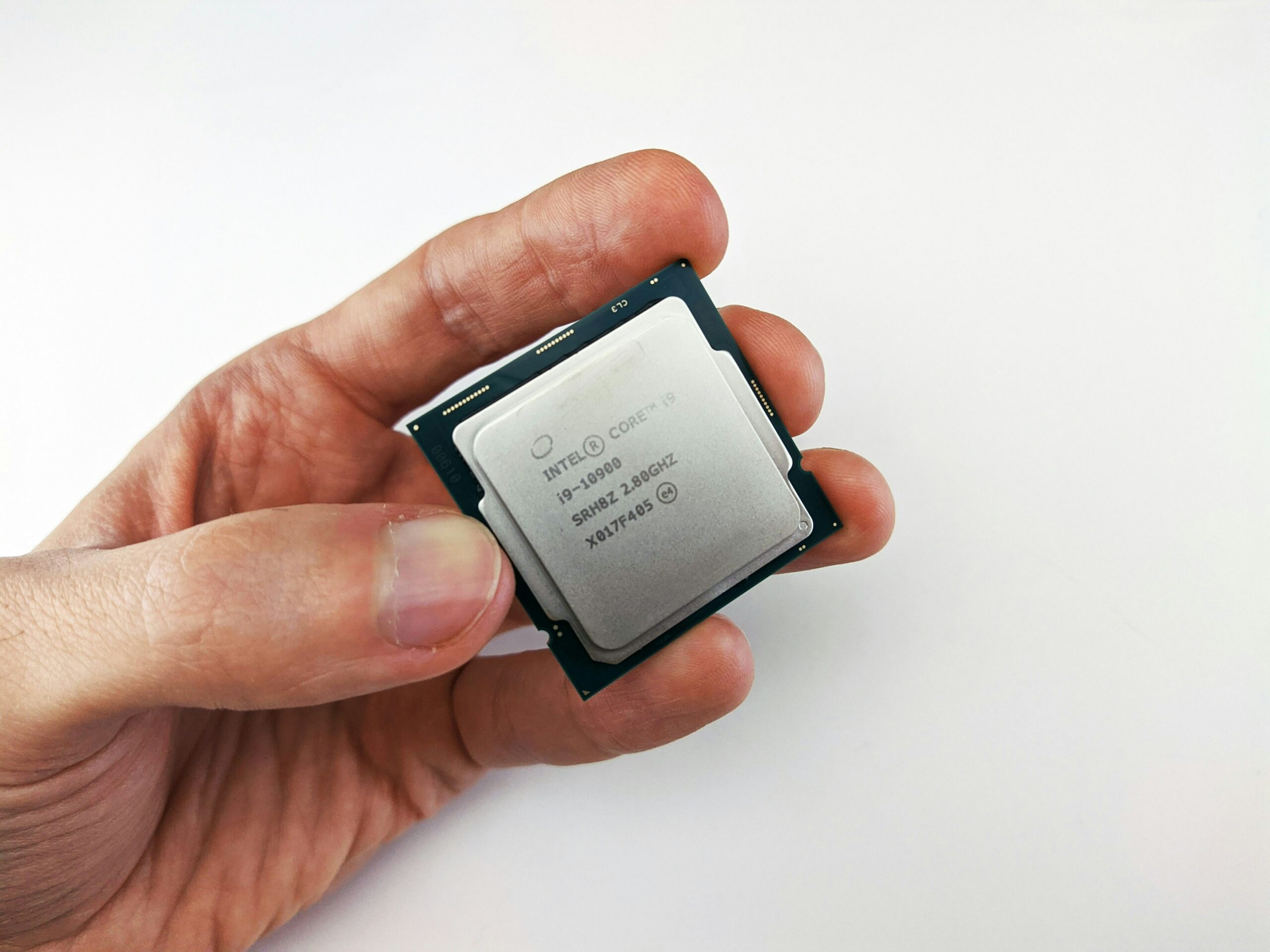Modern computers come in various types, each designed to serve different purposes and cater to specific needs. Here are the main types of modern computers:
- Personal Computers (PCs):
- Desktop Computers: Traditional PCs that sit on a desk and consist of a monitor, keyboard, mouse, and system unit (containing CPU, RAM, storage, etc.).
- Laptops (Notebooks): Portable computers with integrated components, including display, keyboard, and trackpad or mouse.
- Mobile Devices:
- Smartphones: Handheld devices that combine computing power with communication capabilities, internet access, and various applications (apps).
- Tablets: Larger touchscreen devices that offer similar functionality to smartphones but with a larger screen size and sometimes additional features.
- Workstations:
- High-performance computers designed for specialized tasks such as scientific modeling, engineering design, video editing, and graphic design. They typically have powerful CPUs, ample RAM, and high-end graphics capabilities.
- Servers:
- Computers designed to provide services or resources to other computers over a network. Servers can serve various functions such as hosting websites, storing data, managing network traffic, and running enterprise applications.
- Mainframes:
- Large, powerful computers used primarily by large organizations and enterprises for processing complex and critical applications requiring high reliability, scalability, and security.
- Embedded Systems:
- Computers embedded into devices and systems for specific functions or tasks. Examples include embedded systems in automobiles (for engine control), home appliances (smart TVs), medical devices, industrial machinery, and IoT (Internet of Things) devices.
- Supercomputers:
- Extremely powerful computers designed to perform intensive calculations and process vast amounts of data at very high speeds. They are used for scientific research, weather forecasting, simulations, and other demanding applications.
- Gaming Consoles:
- Specialized computers designed specifically for playing video games. They typically feature high-performance graphics processors (GPUs) and are optimized for gaming experiences.
- Wearable Computers:
- Small computing devices worn on the body, such as smartwatches and fitness trackers. They often connect to smartphones and provide functions like health monitoring, notifications, and voice commands.
- Quantum Computers (Emerging Technology):
- Experimental computers that leverage principles of quantum mechanics to perform computations exponentially faster than classical computers. They hold potential for solving complex problems in fields like cryptography, materials science, and artificial intelligence.
More about the differences between desktops, laptops, tablets, and smartphones

